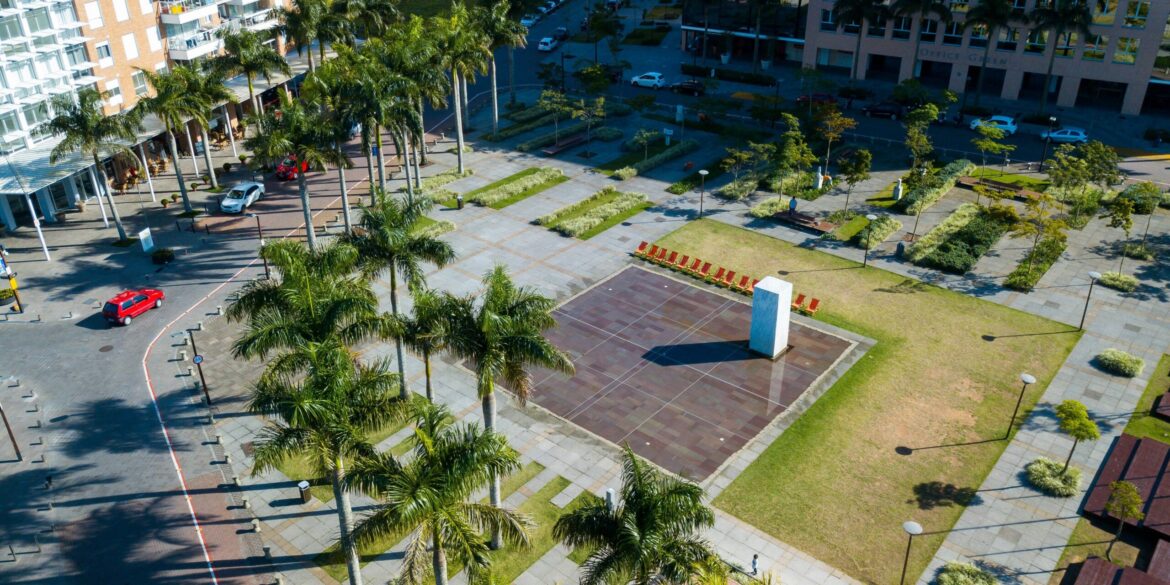Miami’s transformation into a hub of urban sustainability is unfolding through the growth of community gardens. These gardens are more than just patches of green in a city known for its skyscrapers and coastal beauty—they are places of connection, education, and empowerment. By turning vacant lots and underused spaces into vibrant green havens, community gardens are enriching the city, enhancing food security, and creating long-lasting positive changes in neighborhoods.
Miami’s Urban Agriculture Revolution
Miami has long been a city where innovation thrives, and now, sustainability is at the forefront. Urban agriculture projects are gaining popularity as they seek to address both food insecurity and environmental challenges. With a strong focus on increasing local food production, Miami is tapping into its potential to create healthier, more resilient communities through community gardening initiatives.
One of the most prominent programs is the Miami-Dade County Community Gardens Program. Launched in 2014, this program has helped establish over 50 gardens throughout the county, each one supporting sustainable urban farming and fostering a sense of community among residents. These gardens aren’t just about planting; they’re places where Miamians gather to share knowledge, collaborate, and enjoy the fruits of their labor.
In addition to the Miami-Dade program, numerous nonprofits, such as The Green New Deal Miami and Urban Oasis Project, are playing a crucial role in the expansion of these green spaces. The collaboration between local government, residents, and organizations ensures that Miami’s community gardens are accessible, inclusive, and impactful.
Spotlight: Little Haiti Garden – A Model of Success
The Little Haiti Garden in Miami is an excellent example of how community gardens are enhancing neighborhoods. Located at the heart of one of Miami’s most vibrant cultural hubs, the Little Haiti Garden is a community-driven project that encourages local residents to grow their own produce while learning about sustainable agriculture.
This garden has become a cornerstone for local food security efforts, offering fresh produce and a gathering place for members of the Little Haiti community. What sets the garden apart is its educational programs, which teach everything from composting to crop rotation, making sustainable farming techniques accessible to people of all ages. Residents of all backgrounds—from young children to retirees—are invited to get their hands dirty and experience the joys of growing food in their own neighborhood.
The garden also serves as a venue for various events, including farmer’s markets, cooking classes, and workshops on nutrition. These programs help bridge the gap between local food systems and public health, giving residents access to fresh, affordable produce while teaching valuable skills that will continue to benefit the community.
The Benefits of Community Gardens in Miami
While the immediate benefit of community gardens is providing fresh food, the long-term impact is far-reaching. These green spaces contribute to environmental sustainability by promoting biodiversity and reducing the urban heat island effect. They also provide much-needed green spaces in urban areas, where parks and outdoor areas are often scarce.
Community gardens also have profound social benefits. They bring neighbors together, helping build a sense of belonging and connection. Gardeners share not only plants but also stories, experiences, and knowledge, fostering an environment of mutual support and collaboration. The act of gardening itself has therapeutic benefits, improving mental health and offering a sense of accomplishment.
Through these efforts, Miami is proving that urban spaces can thrive with a focus on sustainability and community, transforming the city one garden at a time.

